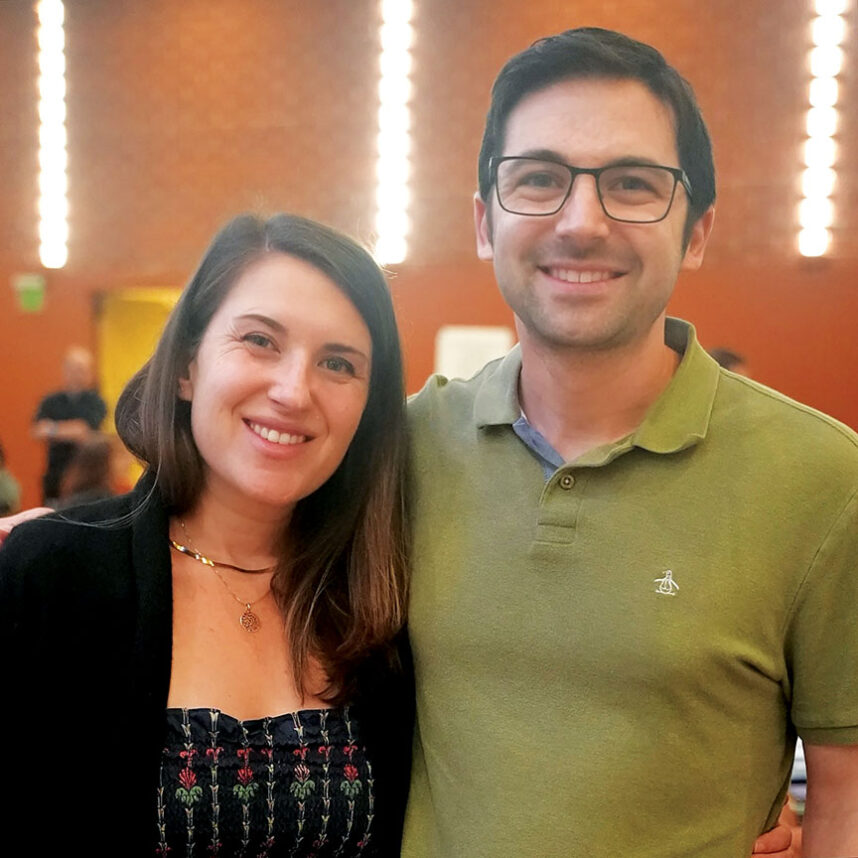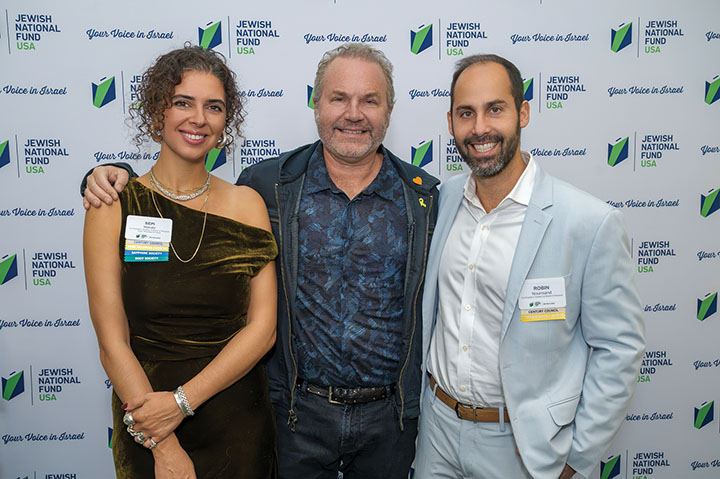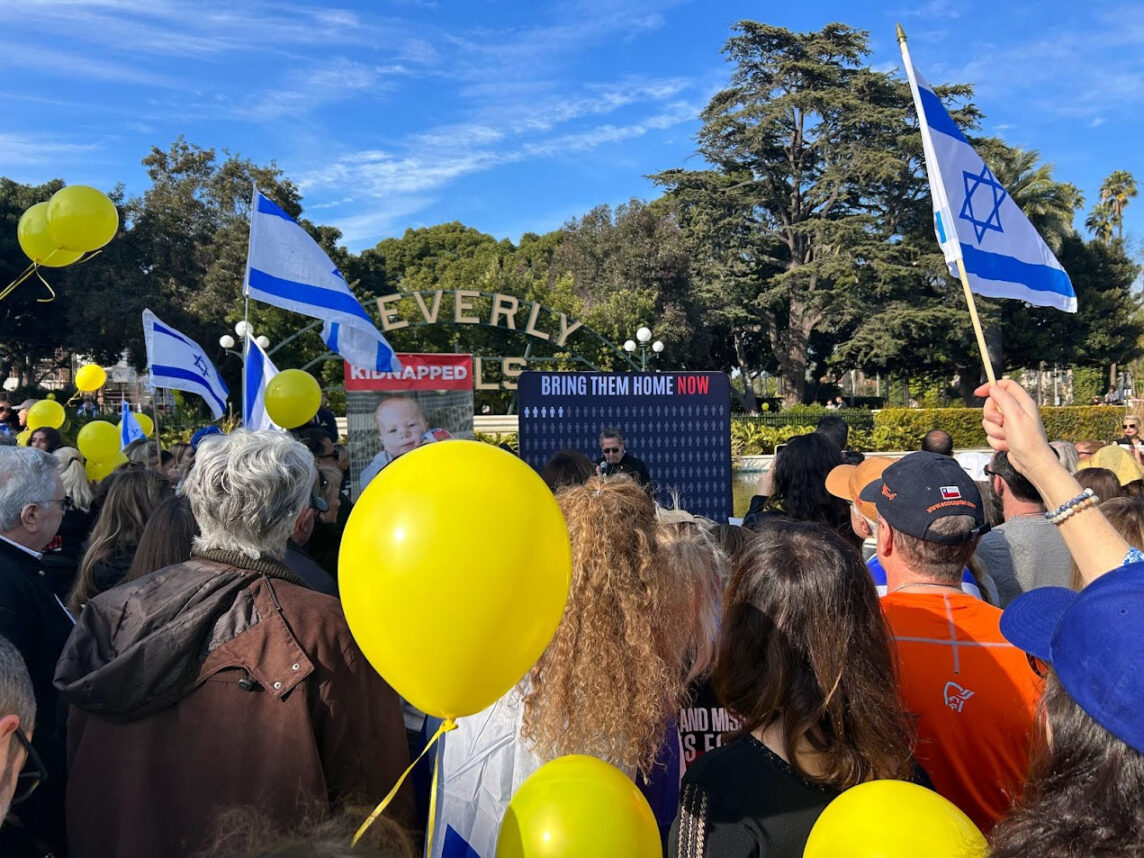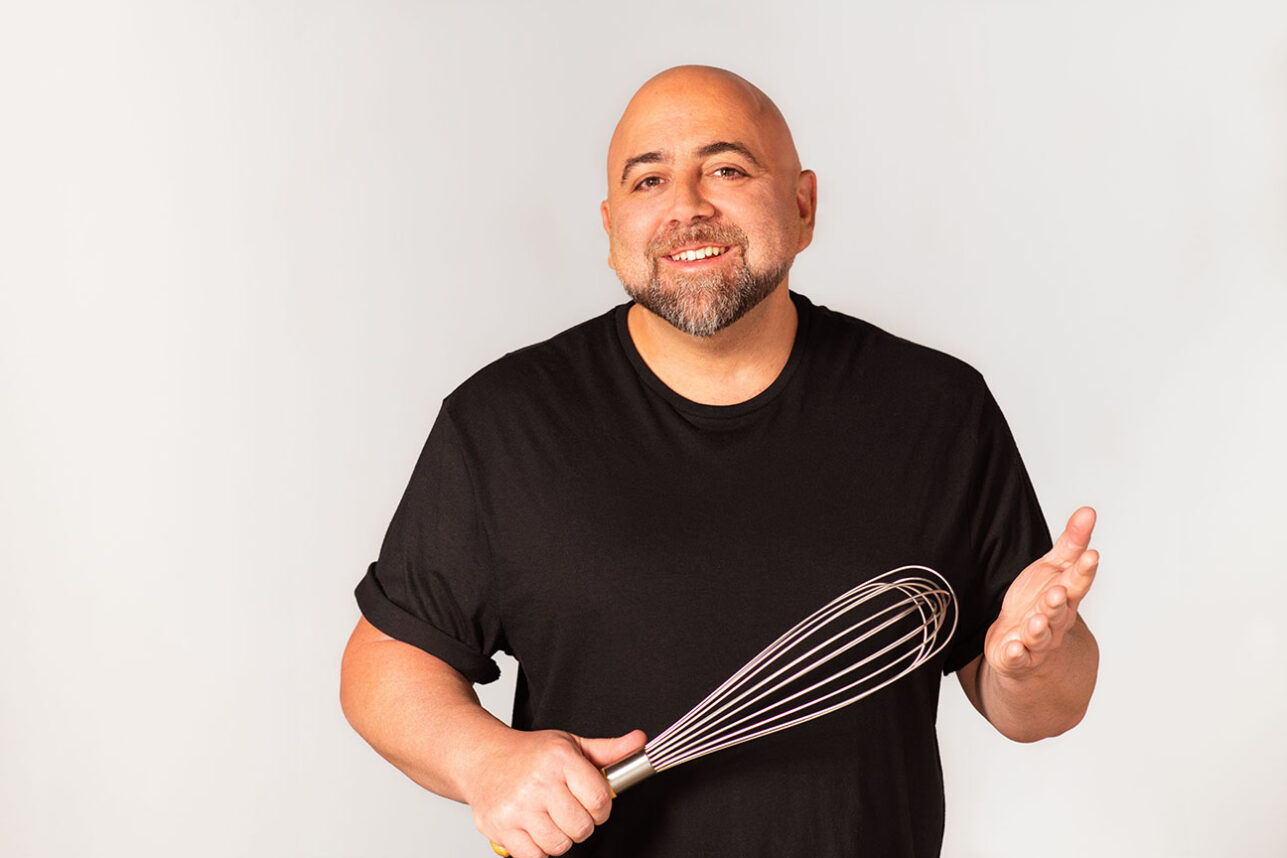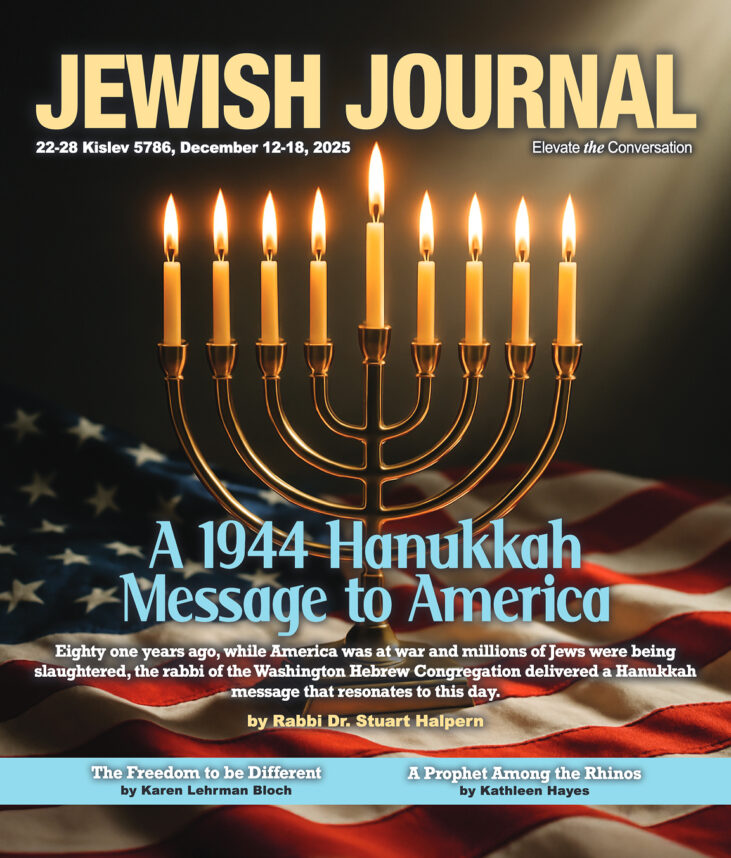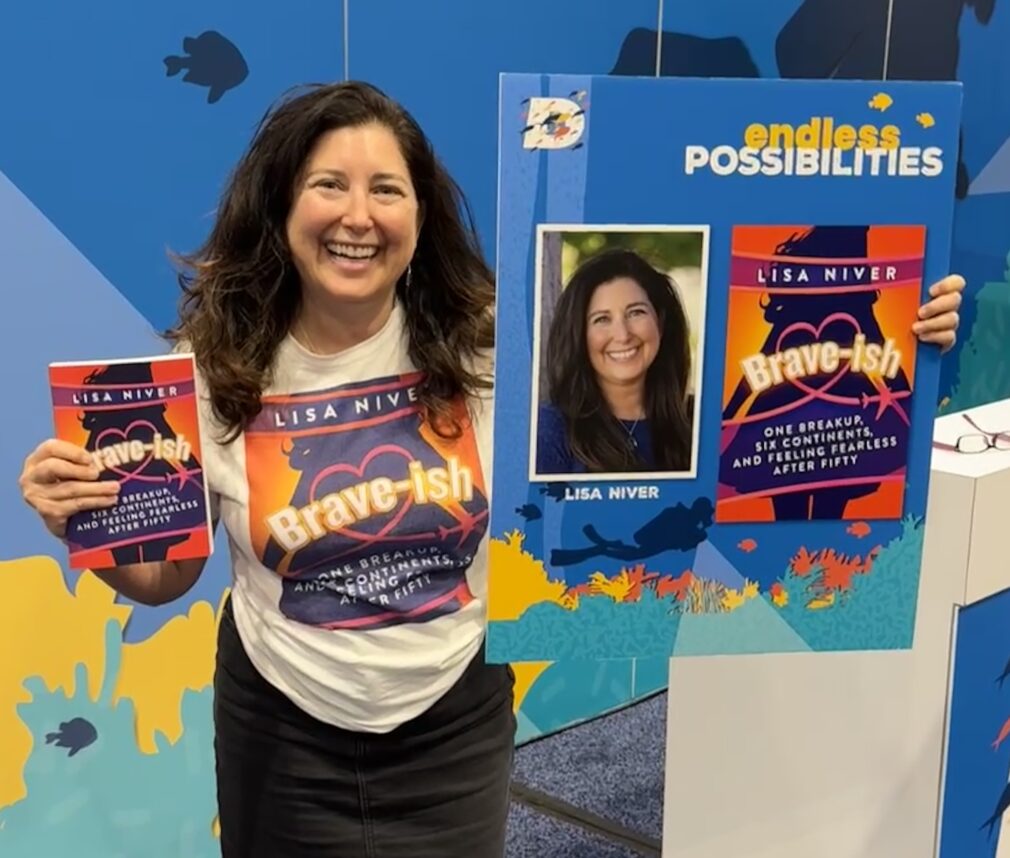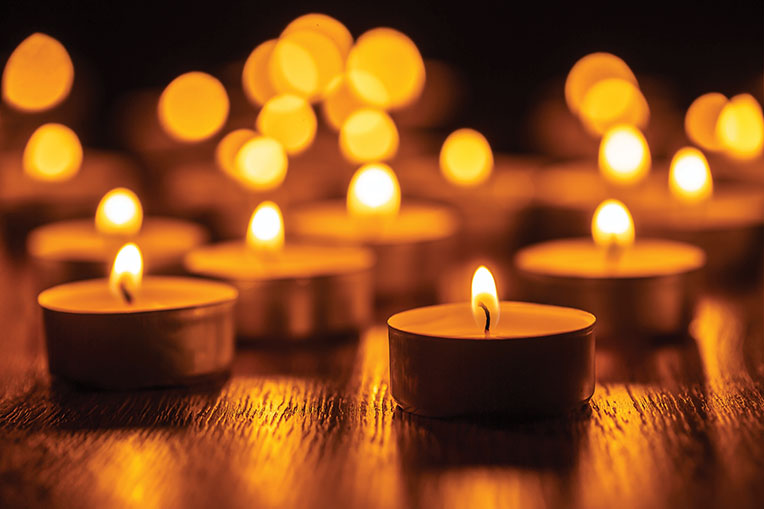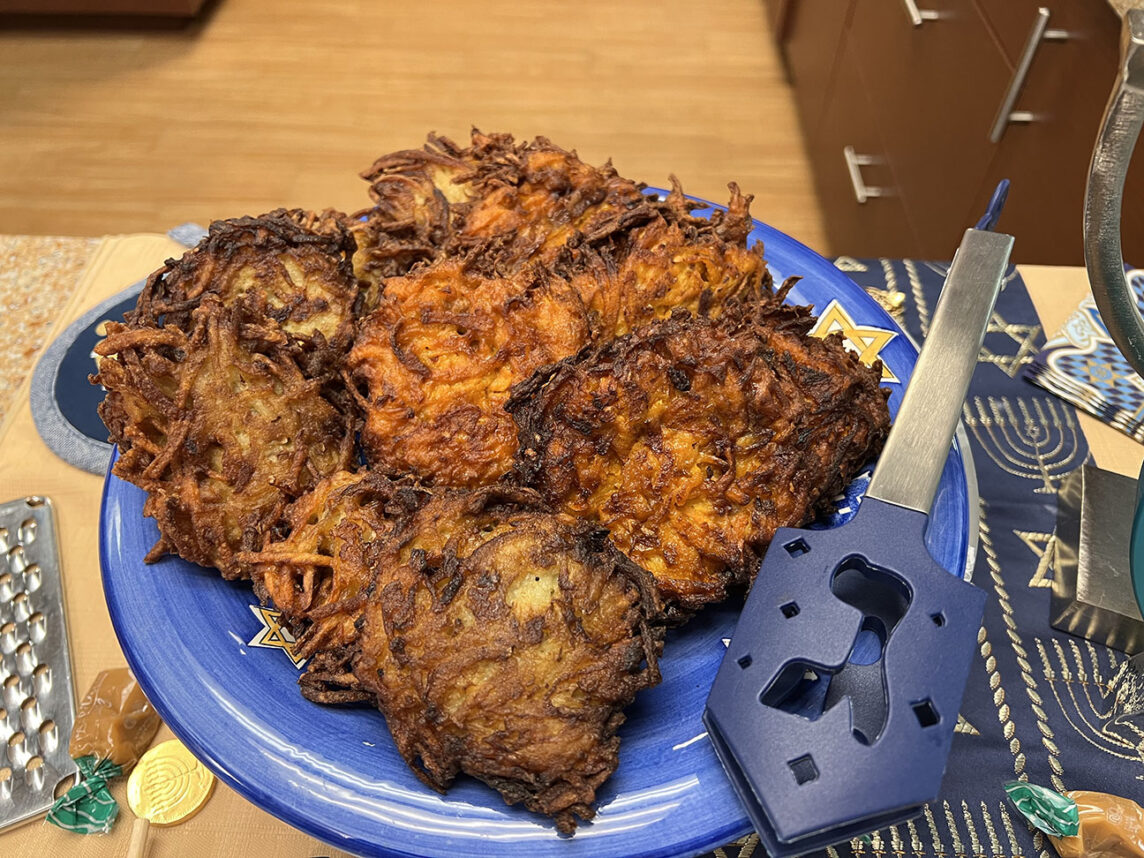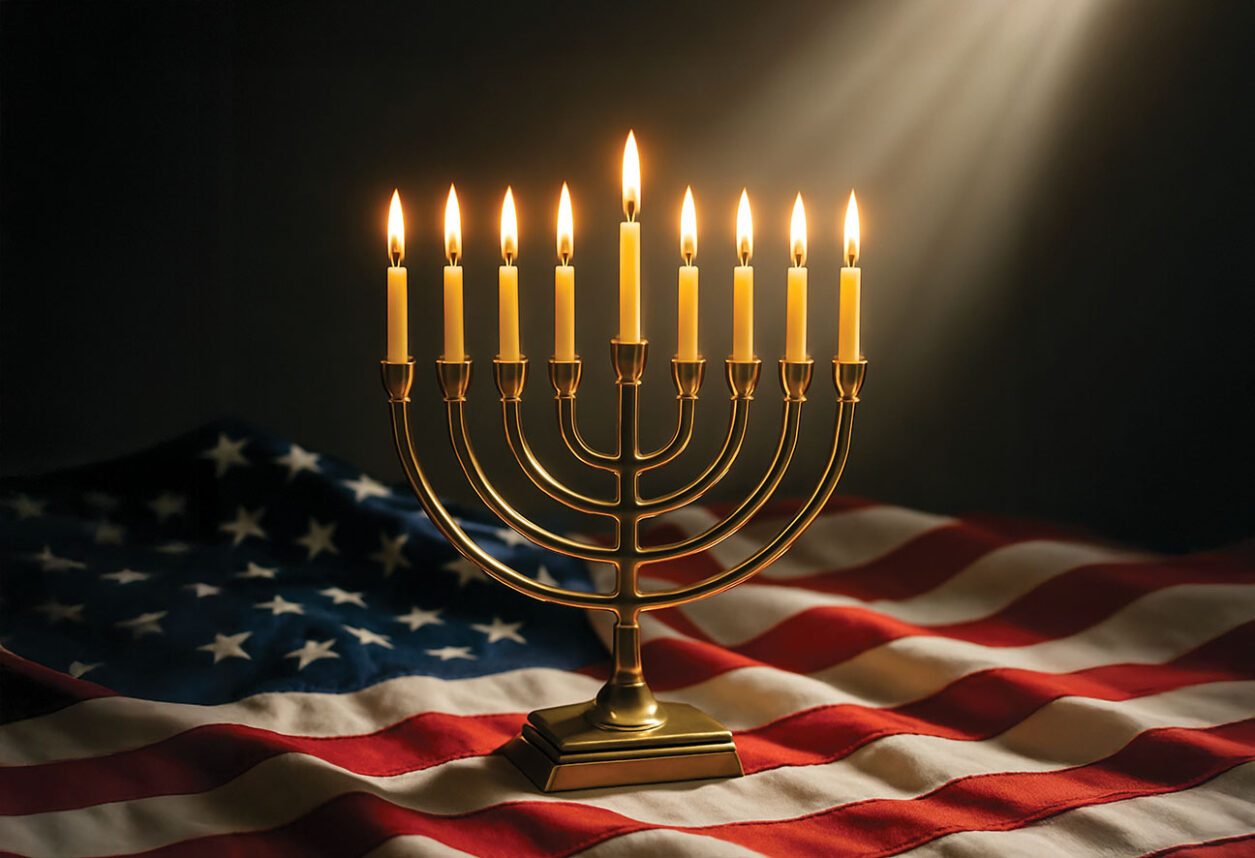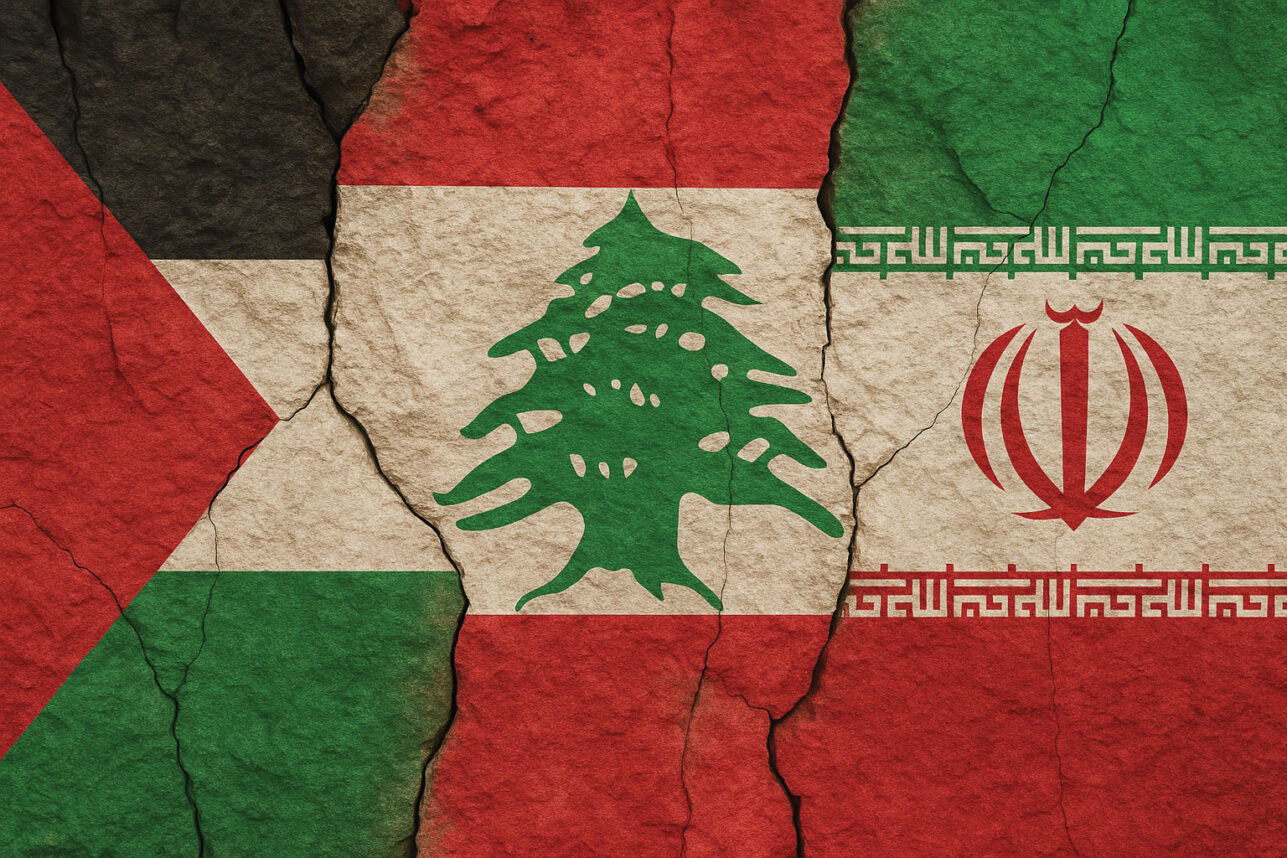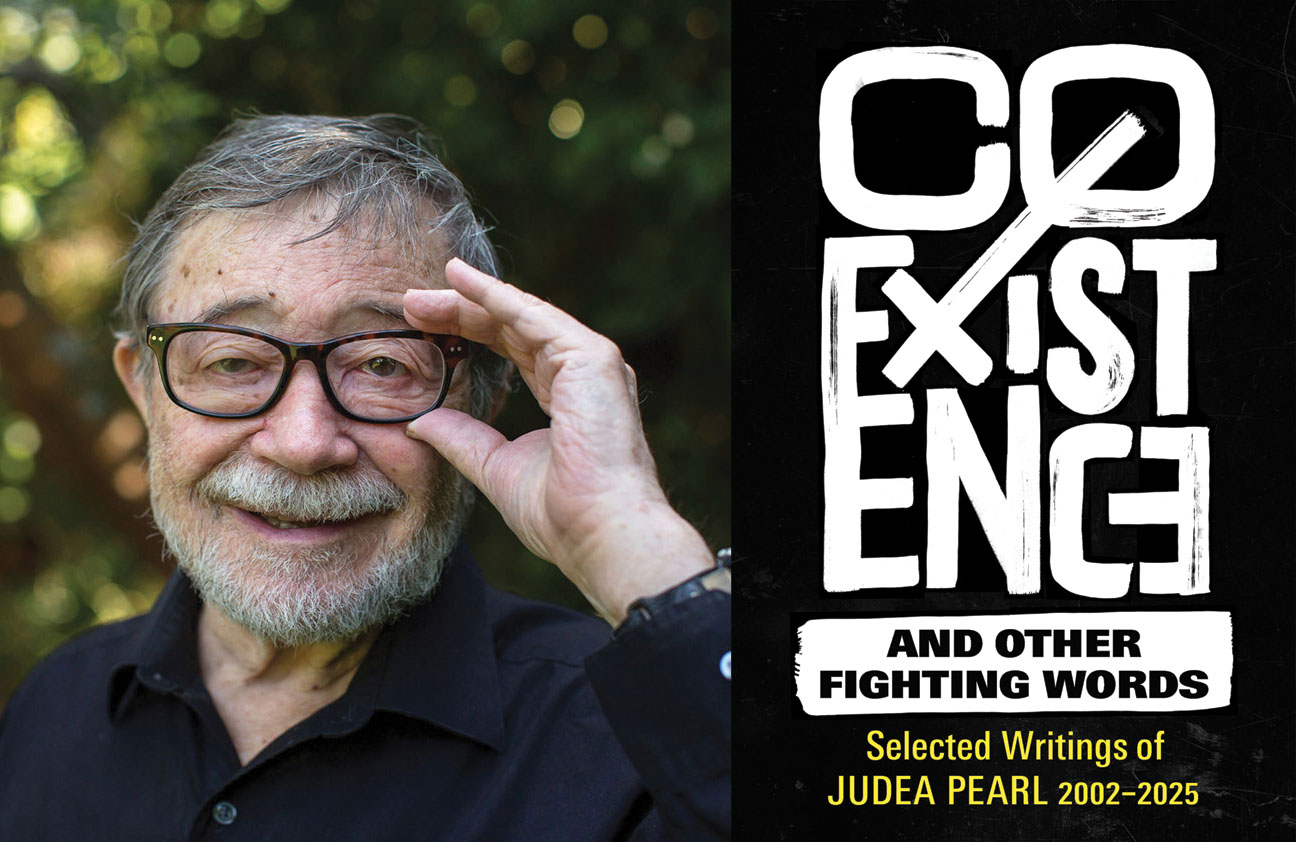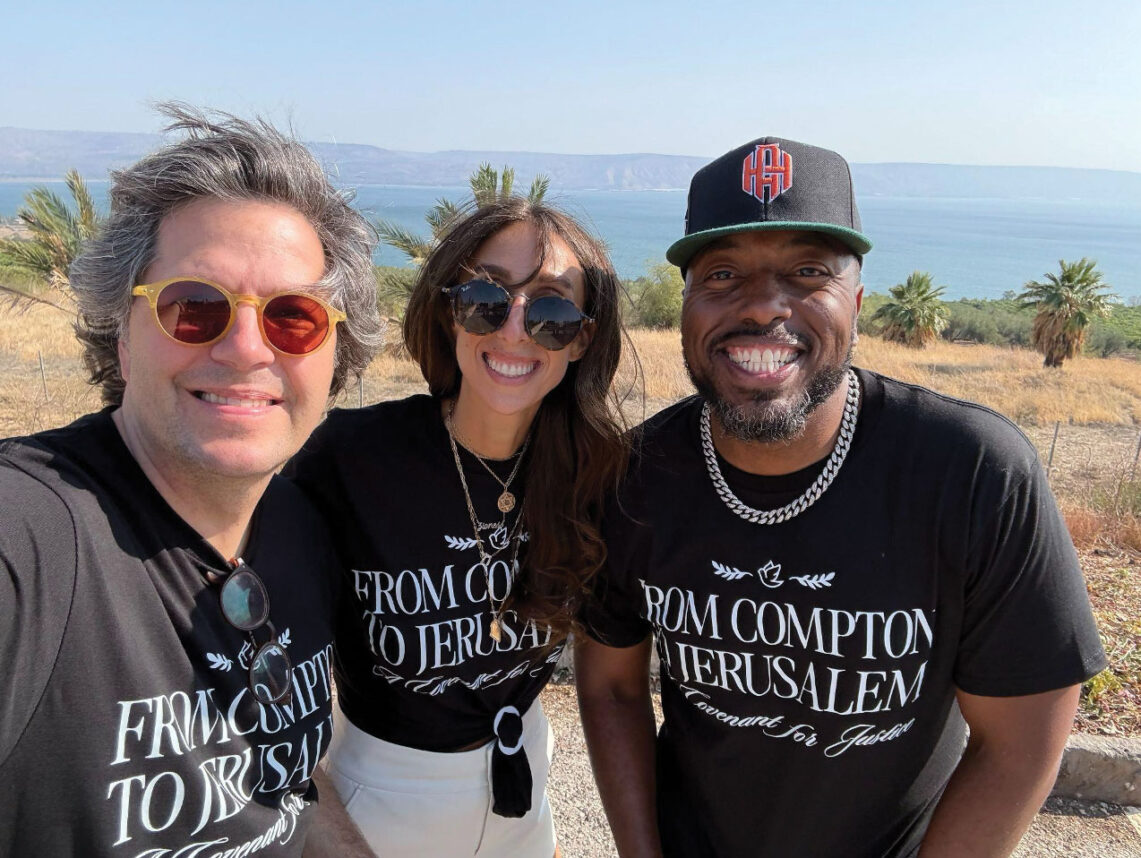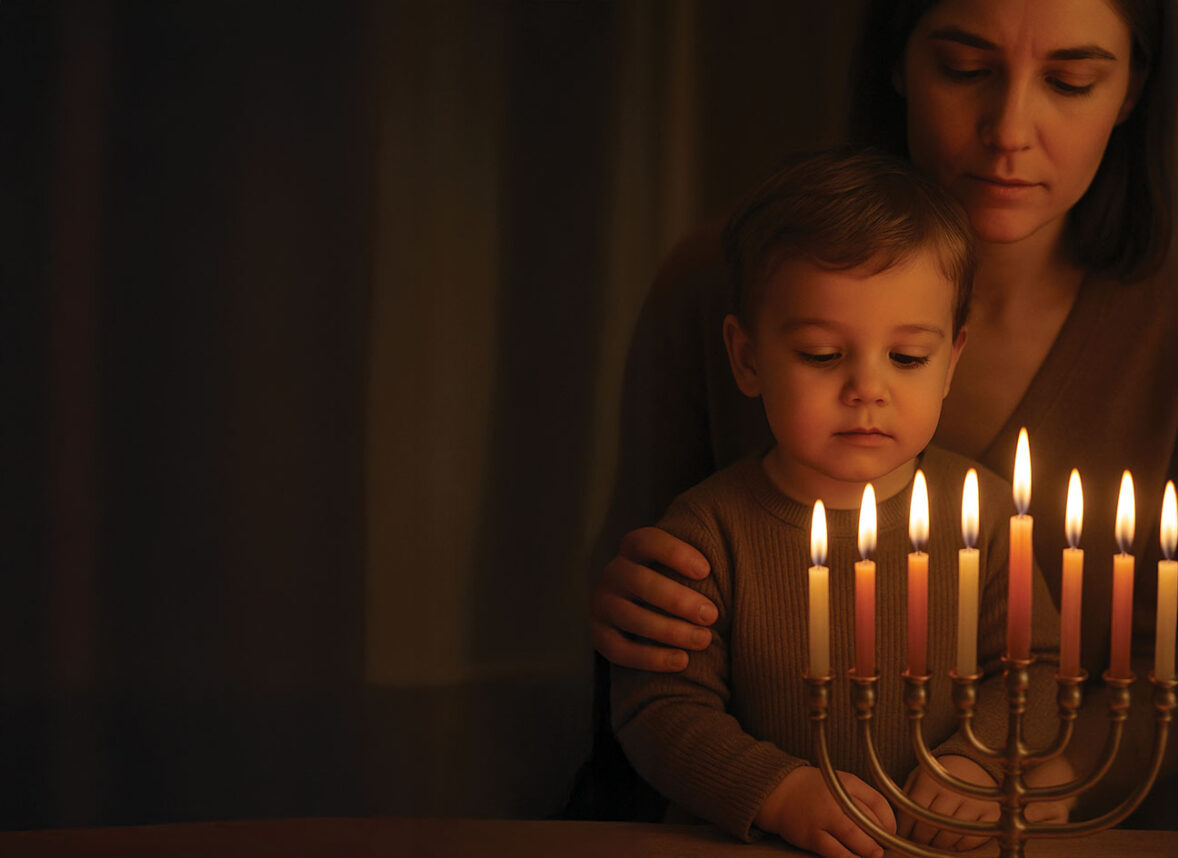As members of Iran’s Jewish community fled their home nation over the years and settled in places like Los Angeles and New York, they brought with them both an entrepreneurial spirit and a philanthropic one.
Take the example of David Merage, who did more than build up a multibillion-dollar business; he has spent the last decade donating money and hands-on planning to projects funded by his nonprofit foundation.
“I believe everyone has an obligation to give back to their community and especially to the Jewish community and Israel,” Merage wrote in an email to the Journal while he was traveling overseas. “The satisfaction one receives from giving is by itself motivation to give even more.”
The 67-year-old Merage came to the U.S. in 1968 in pursuit of a college education. Along with his brother, Paul, and late father, Andre, he founded Chef America, a San Fernando Valley-based frozen foods company, in 1977. The business achieved substantial success after manufacturing and selling nationwide the popular Hot Pockets microwavable frozen snacks.
After selling the company to Nestlé in 2002 for $2.6 billion, Merage set up a Denver-based investment firm focusing on Wall Street and real estate investments but also began his philanthropic work with his wife, Laura, through the David and Laura Merage Foundation. As part of its work, the foundation develops partnerships with governments and other donors to support an array of causes, including early childhood education, arts and culture, community development and various projects in Israel.
“[The Merages] are very focused on solutions and really want to make an impact or change to various causes they find important,” said Sue Renner, the foundation’s executive director. “They are not necessarily seeking accolades for the philanthropic work that they do and many of the causes they support are not glamorous. And they are not just giving money to a cause, but they put their brain trust, their time and strategy into making a real difference.”
Merage is joined in giving back by his brother, Paul, who now lives in Orange County. He founded and oversees the Merage Institute, a nonprofit that sponsors educational programs such as the U.S.-Israel Technology Bridge and High Hopes for Children.
David Merage and his family, who split their time between Denver and Southern California, have given to various Jewish and non-Jewish causes. Their work with The Jewish Federation of Greater Los Angeles includes the development of an initiative to keep young adults involved with Israel issues after they have visited the country through the Birthright program, Renner said. Their foundation also has donated to JConnectLA, the Jewish networking group for young singles, as well as to ETTA, which offers programs and services for people with special needs.
In Israel, the Merage Foundation has provided interest-free loans to needy but academically advanced Israeli graduate students studying at universities there. This was the result of a partnership with the Magbit Foundation, a nonprofit started in 1990 by members of L.A.’s Iranian Jewish community.
Merage’s roots are part of his passion when it comes to philanthropy. In October 2008, Merage was one of a dozen Iranian-Jewish businessmen in Los Angeles who spearheaded an event that raised raised nearly $1 million for Mikveh Israel, an Alliance Israelite Universelle (AIU) school in central Israel. Established in 1870 to help new immigrants learn Hebrew and new trades, it was suffering from financial difficulties.
The AIU was first set up in 1860 by affluent French Jews to provide education to Mizrahi Jews living in many Islamic countries, and Merage wrote in his email to the Journal that a primary reason he supported the AIU was because it provided key education to his parents in Iran that, in turn, resulted in his own pursuit of higher education and success.
According to Habib Levy’s “A Comprehensive History of the Jews of Iran,” between 1898 and 1979, the AIU provided critical secular and Jewish education to the impoverished Jewish communities living throughout Iran, an effort that indirectly resulted in Iranian Jews gaining financial security and leaving their ghettos. This first generation of Iranian Jews educated by the AIU later sent their children to the U.S. and Europe to obtain higher education.
Merage said his contribution and those of other Iranian Jews to the AIU school — 350 attended the fundraiser he helped organize — was just an example of Jewish philanthropy coming full circle after the Iranian Jewish community benefited so much from the AIU’s work in Iran.
“This is a small payback to those who had the foresight to create the Alliance schools [in Iran],” Merage wrote. “One day, history will remember the support of the Iranian Jewish community for this school in Israel and the impact of this support for many thousands of students today and in the future.”
Many local Iranian Jewish activists and leaders praised David Merage not only for his generosity to the Iranian Jewish community in Southern California, but for setting an excellent example for the new generation of Iranian American Jews by pursuing tikkum olam (healing the world) through his philanthropic work.
“Iranian Jewry’s acculturation has been refined with the help of noted community philanthropists such as David Merage, where their umbrella of contribution has surpassed their immediate community,” said Morgan Hakimi, past president of the Nessah Synagogue in Beverly Hills.
Renner said in addition to supporting U.S.-based nonprofits, the Merage Foundation also has been heavily involved with giving to and developing new programs in Israel, specifically those focused on developing the Negev region.
“David and Laura, at their hearts, are true Zionists,” Renner said. “They have deep commitments to Israel and to the future of the Negev and there are hundreds of projects that they are involved with in the Negev. Their focus has been in the development of small businesses, arts, culture, technology and the future needs of the Negev — an area which is a big part of Israel’s future.”
For his part, Merage said he hopes his example of philanthropic giving will inspire others to take a hands-on approach and give back to worthy causes in whatever capacity they can.
“I hope the young Jews, both in the U.S. and Israel, will become more generous and become involved in support of their communities here and in Israel,” Merage wrote. “We are the fortunate generations. Many in the past have given to us and I hope the chain of tzedakah will not be broken by us and our children.”









